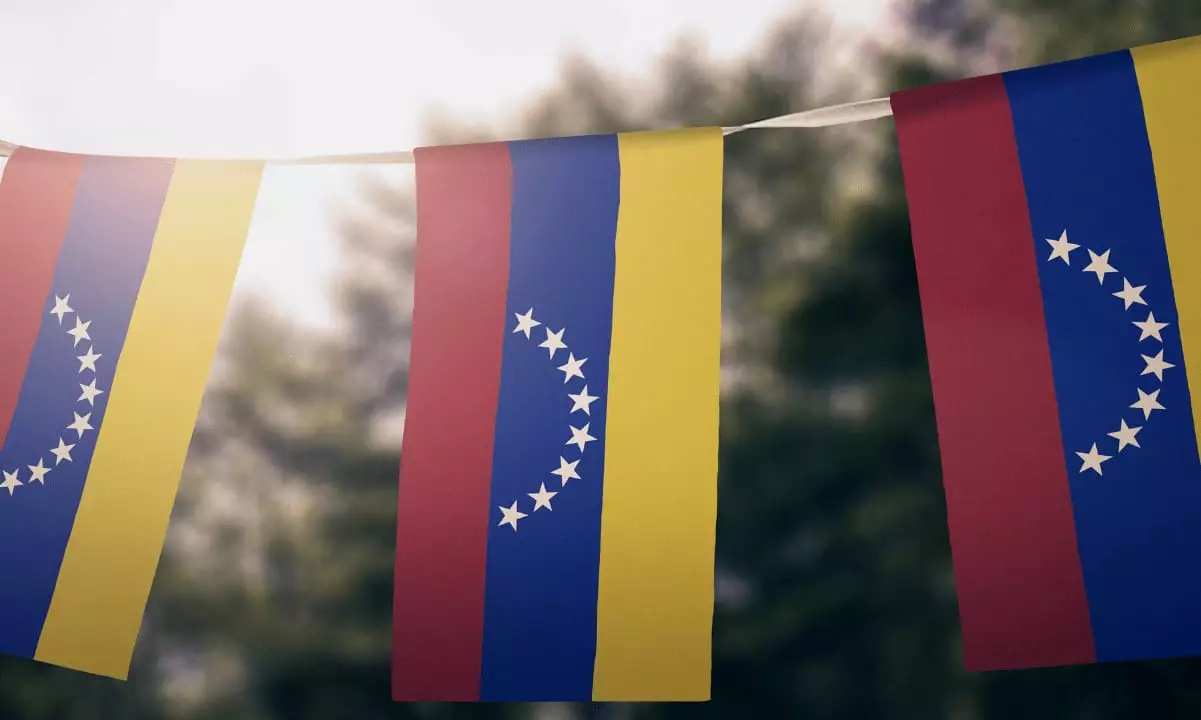In recent reports, it has been revealed that Venezuela’s state-owned oil and gas company PDVSA is planning to accelerate the use of cryptocurrency, particularly USDT, to bypass US sanctions. The company has gradually started integrating USDT for oil sales since 2023. Moreover, PDVSA now has a new policy in place that mandates new customers to have a digital wallet holding cryptocurrency. This move comes after the United States decided not to renew a general license that lifted sanctions temporarily in Venezuela’s oil and gas sector.
The general license, which allowed for oil sales, saw Venezuela’s oil export reach 900,000 barrels per day (bpd) in March, the highest level in four years. However, with the US not renewing the license due to Venezuela’s failure to uphold its commitment to a free and fair election, PDVSA customers and providers have until May 31 to wind down transactions. This could potentially make it harder for Venezuela to export oil, according to reports.
Facing reimposed sanctions on its oil and gas sector, PDVSA is looking to increase the use of USDT, which it started accepting for transactions last year. The company has shifted non-swap spot oil deals to a new model requiring the prepayment of half of each cargo in USDT. Additionally, new customers are required to have a digital wallet holding cryptocurrency. This move aims to reduce the risk of profits getting frozen in foreign bank accounts due to sanctions.
While the use of crypto for oil and gas transactions is unconventional, especially with the dominance of the US dollar in the global market, PDVSA is looking to leverage USDT to bypass sanctions. However, relying on intermediaries for crypto transactions poses challenges as they do not undergo trade compliance scrutiny. This reliance on intermediaries may also result in reduced oil proceeds for PDVSA in the long run.
This is not the first time Venezuela has turned to cryptocurrency to evade US sanctions. In 2018, the government introduced Petro, a state-owned, oil-backed cryptocurrency. However, Petro failed to gain widespread adoption and faced criticism both within and outside Venezuela. Reports in January 2024 indicated that the Venezuelan government decided to end the Petro cryptocurrency nearly six years after its launch.
Venezuela’s PDVSA is actively exploring the use of cryptocurrency, particularly USDT, to navigate around US sanctions in its oil and gas sector. By mandating new customers to have digital wallets holding cryptocurrency and prepaying in USDT for oil transactions, PDVSA aims to minimize the risk of frozen assets while facing reimposed sanctions. However, the reliance on intermediaries for crypto transactions and the failed attempt with the Petro cryptocurrency highlight the challenges and uncertainties associated with using digital currencies in traditional oil transactions.


Leave a Reply